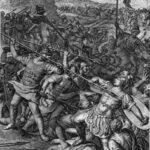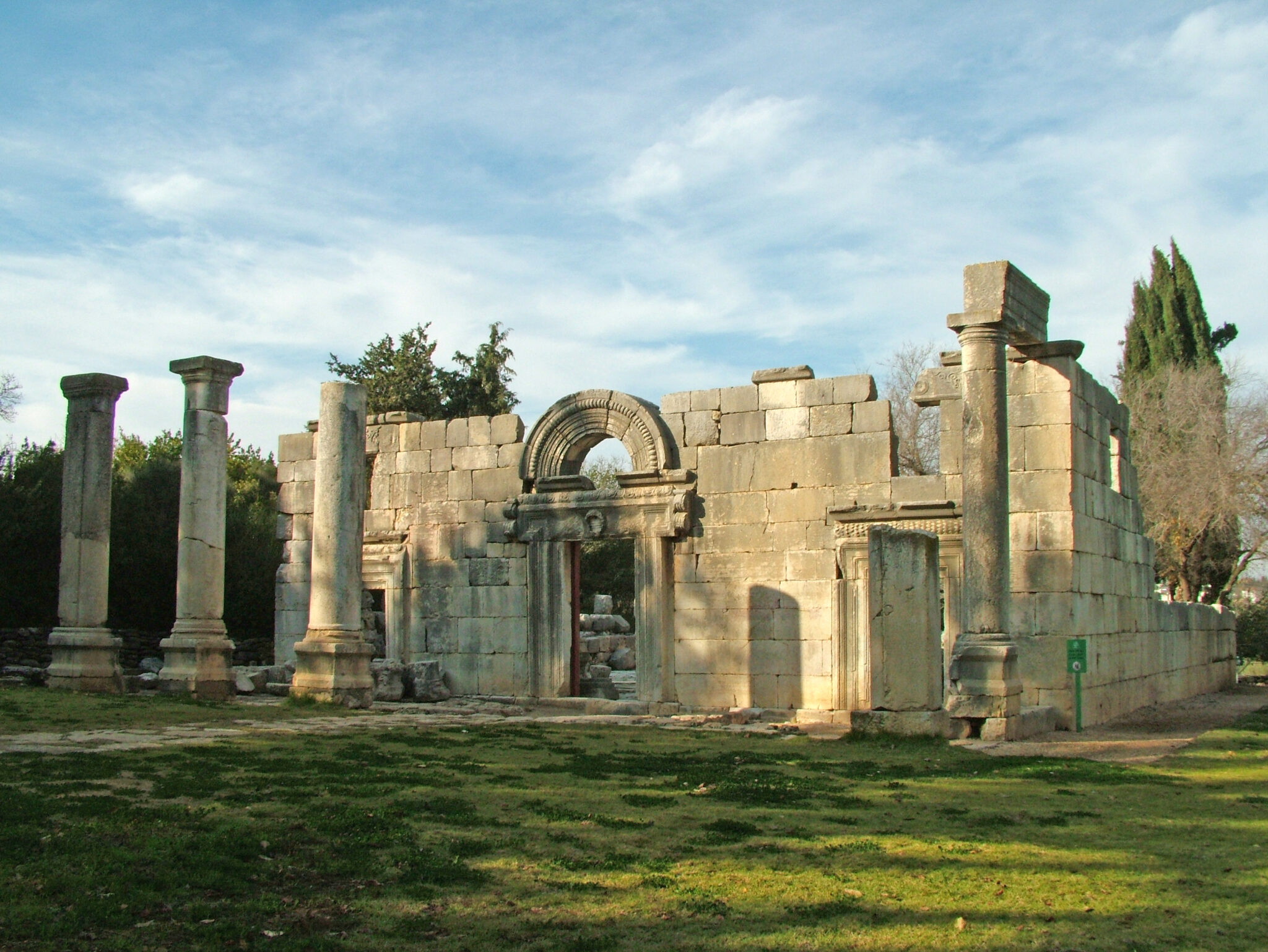Moshe and Aharon plead with Pharaoh that they be allowed to go three days in the wilderness to sacrifice to the God of the Hebrews, ‘lest he strike us with the plague or the sword’. Since, presumably, Pharaoh was not likely to be moved by compassion for the slave population, it needs to be explained why they thought this plea would be effective.
- Rashi claims that ‘lest he strike us’ is a polite euphemism for ‘lest he strike you’, which Moshe used out of respect since he did not want to directly threaten a king.
- Ibn Ezra, Sforno, and Hizquni interpret ‘lest he strike us’ as including the entire population of Egypt, both Egyptian and Hebrew. This would function both as a threat and way of establishing a sense of common interest.
- Bekhor Shor, cited by, Ralbag and Hizquni offers the possibility that Moshe was threatening Pharaoh with the economic loss of his slave population if he did not comply with their demands: ‘it is better for you that we should go and return than that we should die and you lose everything’.
For more on parshat Shemot, see Haggadah Berurah, the Haggadah that helps you tell the story of yetziat mitzrayim.



Leave a Reply